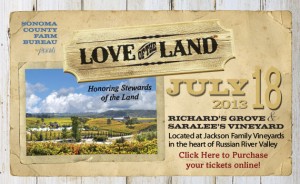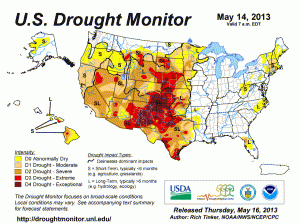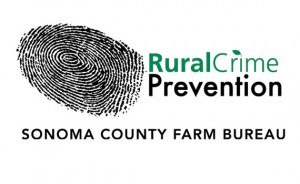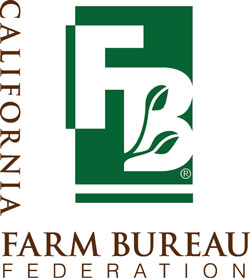 Working out in the heat and under the sun during the summer months can have devastating effects on the mind and body, especially when the proper precautions are not taken. If you work outside or employ workers who spend long hours out in the elements where heat is an issue, consider reading through the following tips to ensure a safe and happy summer season on your ranch, farm, or vineyard.
Working out in the heat and under the sun during the summer months can have devastating effects on the mind and body, especially when the proper precautions are not taken. If you work outside or employ workers who spend long hours out in the elements where heat is an issue, consider reading through the following tips to ensure a safe and happy summer season on your ranch, farm, or vineyard.
As you work, your body produces heat. This heat is then released from the body through sweat. However, sometimes sweating isn’t enough to properly cool you down. So when you combine this fact with high temperatures and hot air outside, it is very possible to quickly become uncomfortable. The situation can become dangerous if you’re sweating out all of your water but your body still is too hot.
The negative effects of heat usually begin to affect the body before the person in harm’s way even realizes it, especially in humid and still conditions—since it takes longer to release heat under these circumstances.
Here are a few tips to help you reduce your chances of becoming a victim of heat-related health issues:
- Rest often and work slowly — This will help your body release heat properly. If you take breaks and work in the shade as often as possible, your body will not become so heated through movement and the sun’s rays. Also, if it’s possible to begin work early in the morning, then you can avoid some of the afternoon heat.
- Wear protective coverage — Wearing a hat and/or other cover that blocks the sun’s rays will also reduce the amount of heat your body absorbs.
- Drink water — This one may seem obvious, but it is important to drink water and not anything alcoholic or caffeinated. Do not wait until you’re thirsty to drink, either. In order to replace the sweat your body needs to release to stay cool you must drink roughly one quart or more per hour. Moreover, it is better to drink smaller amounts of water more frequently than it is to drink large amounts all at once. After a few days of working under such heated conditions, your body will become acclimated and you’ll be able to sweat more appropriately.
- Be aware of the warning signs — Early warning signs include loss of concentration, stamina, and/or strength. Other common signs of overheating include headache, cramps, nausea, dizziness, blurry vision, and fainting.
The best way to avoid heat-related health issues is to use your best judgment. Be sure not to overwork yourself. Moreover, pay close attention to how you and the people around you feel and act. If you or another person exhibits any of the warning signs mentioned above, then it is important to quickly find shade, loosen clothing, drink some water, and fan the body until the issues subside. Overlooking the warning signs can lead to more than simply fainting; it can cause a heat stroke and possibly even death.


 Long, hot summers in California—especially in the interior valleys—tend to spread worries and fears across the state. That’s because
Long, hot summers in California—especially in the interior valleys—tend to spread worries and fears across the state. That’s because  If you are a farmer, rancher, or vineyard operator in the state of California, then you should be aware of the many benefits of the California Farm Bureau Federation’s
If you are a farmer, rancher, or vineyard operator in the state of California, then you should be aware of the many benefits of the California Farm Bureau Federation’s 